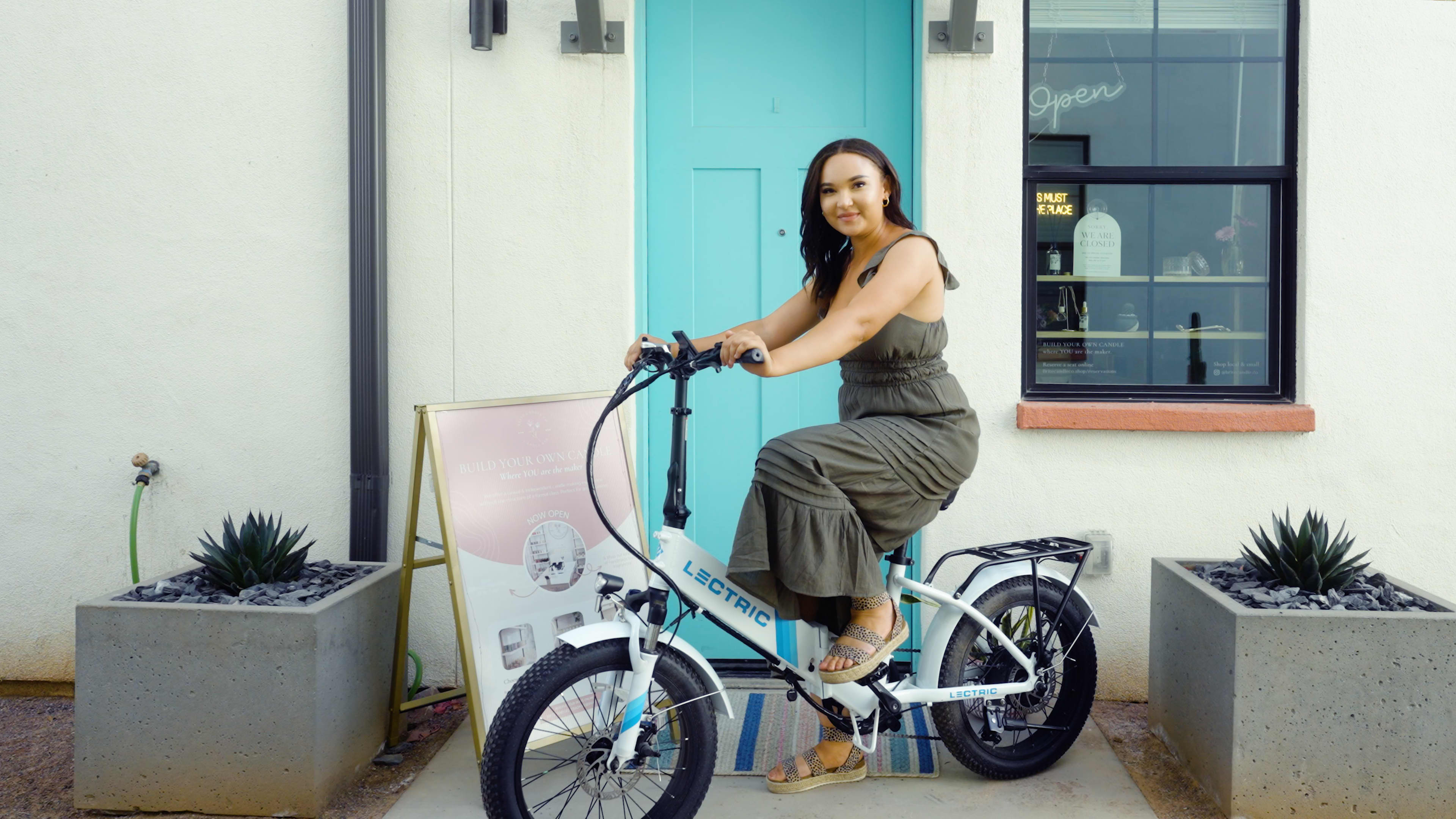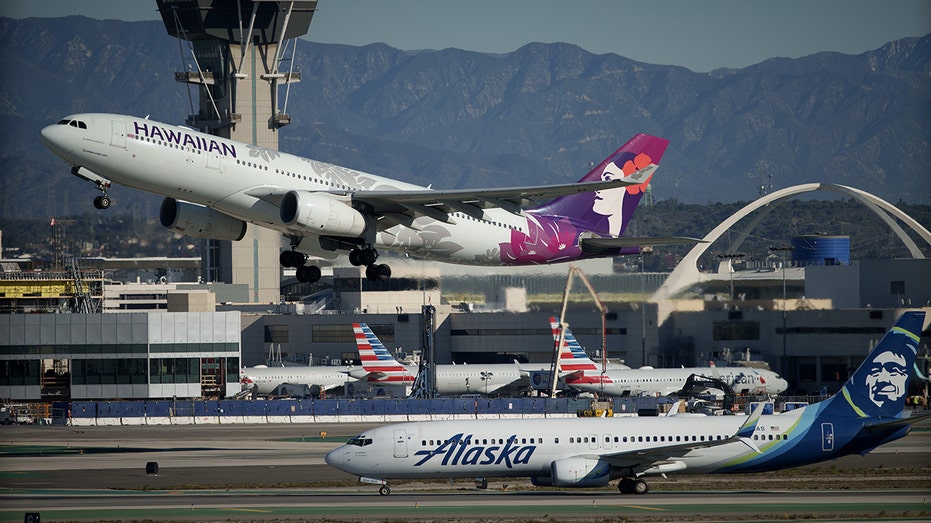Americans spend a lot of money on products and experiences to look and feel more youthful.
The anti-aging market in the U.S. rose from $3.9 billion in 2016 to $4.9 billion in 2021, according to data collected by Euromonitor International.
Many of the products people invest in either haven’t been proven to slow or reverse aging in humans or don’t provide long-term solutions, Dan Buettner said on a recent episode of “Ten Percent Happier with Dan Harris.”
There are better, more seamless ways that you can age like the residents of Blue Zones that Buettner has studied for decades.
4 daily practices of the world’s longest-living people that you can add to your own routine
While studying Blue Zones, Buettner noticed these simple practices that residents of some of the longest-living communities in the world do every day:
- Move naturally. Engage in more low-intensity physical activity like tending to a garden or walking to a friend’s house. People in Blue Zones rarely rely on things like buses or cars to get from place to place.
- Pause more often: Whether they decided to use moments of stillness to pray, take a nap or have breaks during the day, like siestas in Europe, Buettner found that people in Blue Zones typically take breaks and stop the hustle for a bit which can invoke joy and lower stress levels.
- Be mindful of eating habits: In Okinawa, Japan, residents follow a motto of hara hachi bu, which means they stop eating meals when their stomach is 80% full. Buettner suggested evidence-based strategies to keep from overeating like removing screens from the kitchen, eating with family, saying a prayer or practicing gratitude before a meal and frontloading calories at the start of your day to have smaller meals in the evening.
- Prioritize social bonds: Some Blue Zones socialize over wine and others engage in group sports, but a common practice among these communities is gathering with their loved ones daily.
“In Blue Zones, they’re living a long time because they’re growing their own food, and they live close to nature, and they walk to their friend’s house, and they eat with their families, and they go to church or temple on Sundays or they slow down, they know their purpose,” he said.
“Their path for an extra eight to ten years is joyous. That’s the real value proposition.”
Want to be more successful and confident with your money? Take CNBC Make It’s new online course. Our expert instructors will help you master your money and discover practical strategies to boost your savings, reduce debt and grow your wealth — in a way that works best for you. Enroll in “Achieve Financial Wellness: Be Happier, Wealthier & More Financially Secure” to start your journey to financial freedom today! Get a 30% discount with the coupon code EARLYBIRD until September 2, 2024.
Plus, sign up for CNBC Make It’s newsletter to get tips and tricks for success at work, with money and in life.


